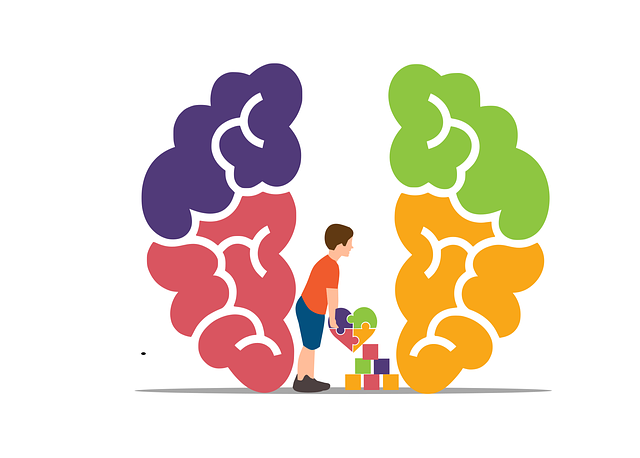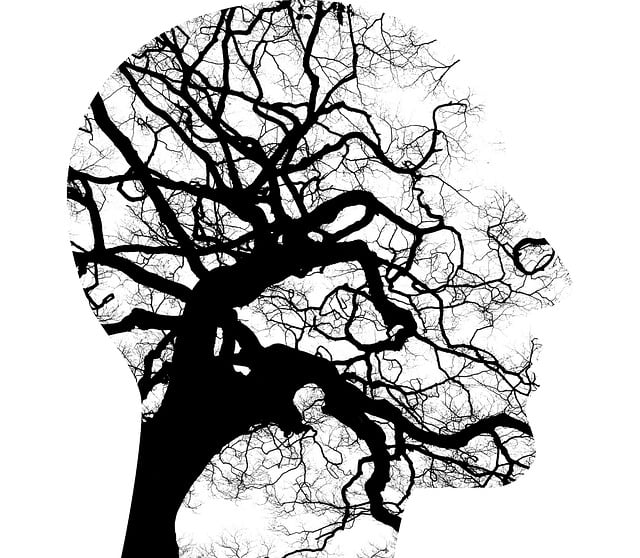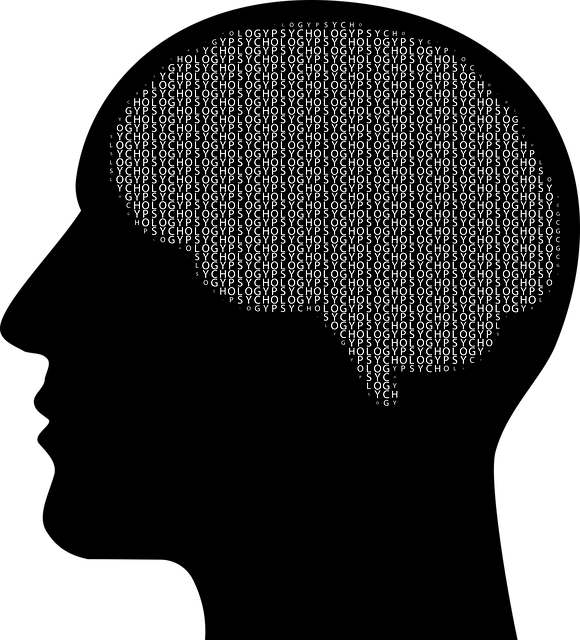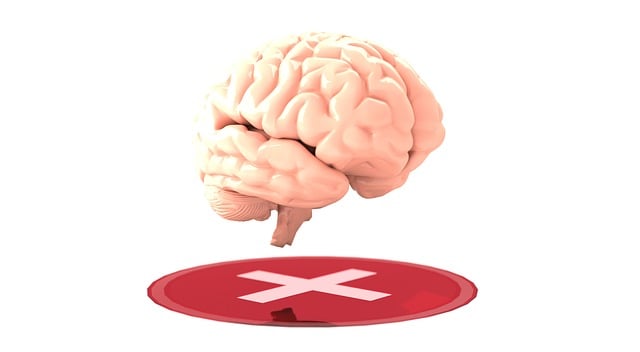Lone Tree Sexual Addiction Therapy leverages program evaluation to measure its effectiveness in treating sexual addiction and related mental health issues. This involves a balance of quantitative (surveys, statistics) and qualitative (interviews, focus groups) methods. The evaluation assesses tangible improvements like changes in sexual behaviors and emotional awareness, using tools like Mental Wellness Journaling. Client feedback, therapist assessments, and community involvement provide comprehensive insights. This data-driven approach guides continuous improvement, ensuring tailored support for clients and enhancing overall mental wellness outcomes.
Mental wellness program evaluation is a critical component of ensuring effective support for individuals seeking recovery from sexual addiction. This article explores various methods to assess such programs, including quantitative and qualitative approaches, focusing on the unique context of Lone Tree Sexual Addiction Therapy initiatives. We delve into the importance of stakeholder involvement, particularly clients, therapists, and community perspectives, and highlight how continuous improvement can revolutionize mental wellness services. Understanding evaluation methodologies is key to enhancing recovery outcomes.
- Understanding the Need for Program Evaluation in Mental Health
- Types of Evaluation Methods: Quantitative and Qualitative Approaches
- Assessing the Effectiveness of Lone Tree Sexual Addiction Therapy Programs
- Stakeholder Involvement: Clients, Therapists, and Community Perspective
- Continuous Improvement: Using Evaluation Findings to Enhance Mental Wellness Initiatives
Understanding the Need for Program Evaluation in Mental Health

In the realm of mental health services, program evaluation is an indispensable tool for ensuring the effectiveness and impact of interventions. Understanding the need for such evaluation goes beyond mere accountability; it’s crucial for improving care delivery, especially in addressing complex issues like sexual addiction. For instance, Lone Tree Sexual Addiction Therapy can benefit significantly from evaluating its programs to identify what works best for its clients. This is particularly important given the sensitive nature of these issues and the potential for stigma that often surrounds mental illness.
Program evaluation allows for a systematic examination of how the therapy program affects participants’ lives, offering valuable insights into the success of coping skills development and mental illness stigma reduction efforts. By implementing Mental Wellness Journaling Exercise Guidance, therapists can gather qualitative and quantitative data to assess changes in clients’ emotional well-being and behaviors. This process enables therapists to adapt their approaches, ensuring that services remain relevant and beneficial for those seeking help for sexual addiction and related mental health concerns.
Types of Evaluation Methods: Quantitative and Qualitative Approaches

In evaluating mental wellness programs, such as those offered by Lone Tree Sexual Addiction Therapy, a dichotomy exists between quantitative and qualitative approaches. Quantitative methods rely on numerical data and statistical analysis to measure outcomes, providing concrete figures that can demonstrate program effectiveness. This includes surveys with set responses, pre-and-post tests, and metrics tracking changes in symptoms or behaviors over time. For instance, a mental wellness podcast series production might use listener engagement statistics to gauge the success of its episodes in reaching and engaging audiences.
On the other hand, qualitative approaches delve into participants’ subjective experiences, perspectives, and insights. These methods include interviews, focus groups, and open-ended surveys that capture detailed narratives. Mental health policy analysis and advocacy often employ qualitative techniques to understand the lived experiences of individuals within various healthcare systems, helping to identify gaps and inform policy changes. Similarly, compassion cultivation practices, as explored in many wellness programs, benefit from qualitative evaluations that assess shifts in participants’ empathy, stress reduction, and overall well-being through personal narratives and self-reflections.
Assessing the Effectiveness of Lone Tree Sexual Addiction Therapy Programs

Evaluating the effectiveness of Lone Tree Sexual Addiction Therapy (LTSA) programs is a multifaceted process that goes beyond mere satisfaction surveys. It involves assessing tangible improvements in participants’ lives, such as changes in sexual behaviors and heightened emotional awareness. By integrating Self-Awareness Exercises and Mental Wellness Journaling Exercise Guidance into LTSA programs, therapists can gain deeper insights into clients’ journeys. These exercises encourage introspection, reflecting on triggers, and identifying patterns, which are crucial for understanding the root causes of addiction.
Furthermore, measuring success in LTSA should encompass the promotion of Emotional Well-being Promotion Techniques. This includes tracking improvements in mental health symptoms, relationships, and overall quality of life. Regular check-ins, both formal and informal, allow therapists to monitor progress, adjust treatment plans as needed, and offer tailored guidance. Such continuous evaluation ensures that LTSA programs remain responsive and effective, ultimately fostering lasting positive changes for individuals seeking recovery from sexual addiction.
Stakeholder Involvement: Clients, Therapists, and Community Perspective

The evaluation of mental wellness programs is a multifaceted process that requires the active involvement of various stakeholders, including clients, therapists, and the wider community. At Lone Tree Sexual Addiction Therapy, for instance, understanding each group’s perspective is essential to gauging the program’s effectiveness. Clients offer firsthand insights into their personal journeys and the impact of treatment on their lives, providing critical data on therapy’s success in improving emotional healing processes.
Therapists play a pivotal role by facilitating evaluations that go beyond surface-level feedback. They can assess burnout prevention strategies for healthcare providers within the program framework, ensuring sustainable mental health awareness and support. Community involvement enriches the evaluation by considering the broader impact of such programs on social dynamics and overall well-being, highlighting the interconnectedness of emotional healing in a diverse setting.
Continuous Improvement: Using Evaluation Findings to Enhance Mental Wellness Initiatives

Mental wellness programs thrive on continuous improvement, and evaluation findings play a pivotal role in this process. By systematically assessing the impact of initiatives like Lone Tree Sexual Addiction Therapy, social skills training, and emotional healing processes, professionals can identify areas for enhancement. This data-driven approach allows for tailored adjustments to meet the evolving needs of individuals seeking support.
Effective risk management planning for mental health professionals is closely tied to this evaluation process. Through regular assessments, practitioners can refine their strategies, ensuring a safe and supportive environment. By integrating feedback into their practice, they can optimize outcomes, foster better engagement, and ultimately contribute to the overall well-being of clients, creating a more robust and responsive mental wellness ecosystem.
Mental wellness program evaluations are essential for measuring the effectiveness of initiatives like Lone Tree Sexual Addiction Therapy programs. By combining quantitative data analysis with qualitative stakeholder insights, we can gain a comprehensive understanding of program strengths and areas for improvement. Involving clients, therapists, and the community ensures a multifaceted perspective, enhancing continuous improvement efforts. Leveraging evaluation findings enables us to refine mental wellness initiatives, ultimately fostering better outcomes for those seeking support.














